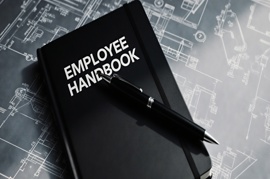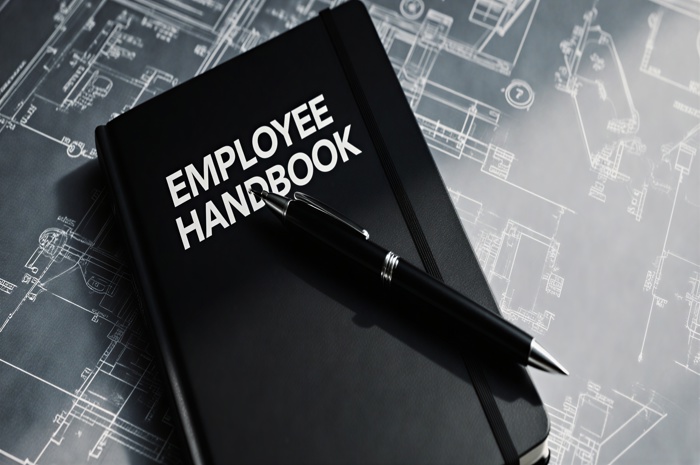Does a Change in Business Structure Provide Tax Benefits?
When you first set up your business, you would have chosen a structure that was suitable for you at the time. Regularly reviewing your business structure ensures you can continue to meet your business needs, as well as correctly file your Corporation Tax.
You might want to change the legal business structure for your own reasons, such as limiting your personal liability or creating a business entity to pass on to your family. Whatever the circumstance, each type of business structure has different tax and legal obligations.
Types of legal business structures
Self-employed
Being self-employed, or running as a sole trader, offers the simplest legal structure. All profits made belong to you. However, this does leave you exposed if something goes wrong, as you have legal and financial responsibility for your business operations. You don’t need to register with Companies House, and record keeping is pretty straightforward. You do, however, need to register with HM Revenue & Customs (HMRC) so that they can set up the right Self Assessment and National Insurance records for you.
Partnerships
Partnerships allow two or more people to set up a business together and share ownership. Like being self-employed, a partnership does not have a legal identity separate from the partners, meaning it doesn’t have to be registered with Companies House. In England, Wales and Northern Ireland, partners are all liable for debts owed and have equal responsibility for paying off a whole debt.
Limited liability partnership (LLP)
A limited liability partnership (LLP) can reduce the partners' individual liability risk. This kind of legal structure is taxed as a partnership but has the same benefits of a corporate entity where members have limited liability. An LLP can also enter into contracts and hold property. Being a limited entity there are also regulatory requirements associated with Companies House.
Limited company
A limited company can give you added protection should things go wrong. This structure also allows you to raise capital, issue shares and limit your risks. A limited company can also have tax advantages. It is also a separate legal identity to yourself and gives credibility and trust to your business. Again being a limited entity there are regulatory requirements associated with Companies House as well as paying corporation tax on your profits..
Reasons to Change your Business Structure
- Potential Sale - certain business structures will look more attractive than others for potential buyers. Shares in a business, for example, are easily transferable, meaning the ownership can change, but the business carries on as normal. Furthermore, a company could dissolve in the event of death for partnerships or those who are self-employed, but the ownership of a limited company would be more readily distributed to family members
- Personal Risk - for example, being self-employed would mean you’re liable for any and all business debts. Becoming a limited company, however, will limit your liability.
- Responsibilities of Ownership - for example, bringing in a partner to your business to share the responsibility and provide cover if you’re away.
Implications of changing the legal structure of your business
If you do go ahead with changing the business structure and incorporating your company at Companies House, you will have to meet the following legal obligations:
Registering with Companies House
If you are changing your business to become a limited company, limited partnership or limited liability partnership (LLP), you need to register with Companies House and send the relevant documentation.
If your business is already structured in any of these ways, you must notify Companies House of the proposed changes and complete the necessary documentation.
If you're setting up a partnership or becoming a sole trader, you need to register with HMRC so they can set up your national insurance records, and also inform them that you pay tax through self assessment. You'll then need to complete your Self-Assessment tax return each year. If you are an incorporated limited company you’ll need to file your corporation tax online. More details can be found here.
Ideally, in a partnership, members should nominate one person to act as the main contact with HMRC to register the partnership and fill in the relevant tax returns.
Need more help?
For more guidance on managing your business and finances, you can visit our Knowledge base or get started with your Company Incorporation Today!





















